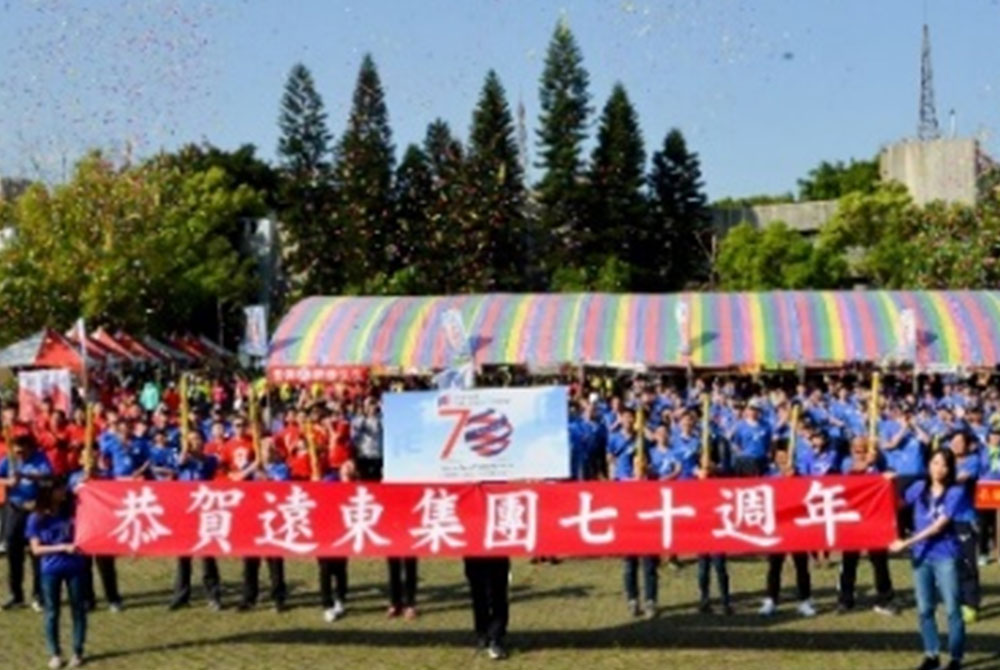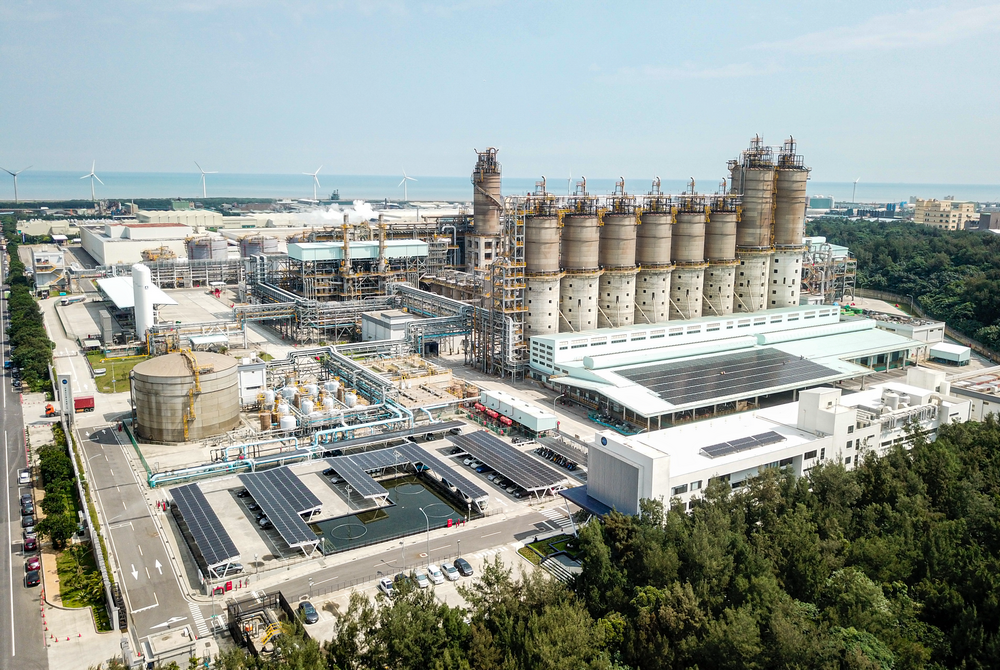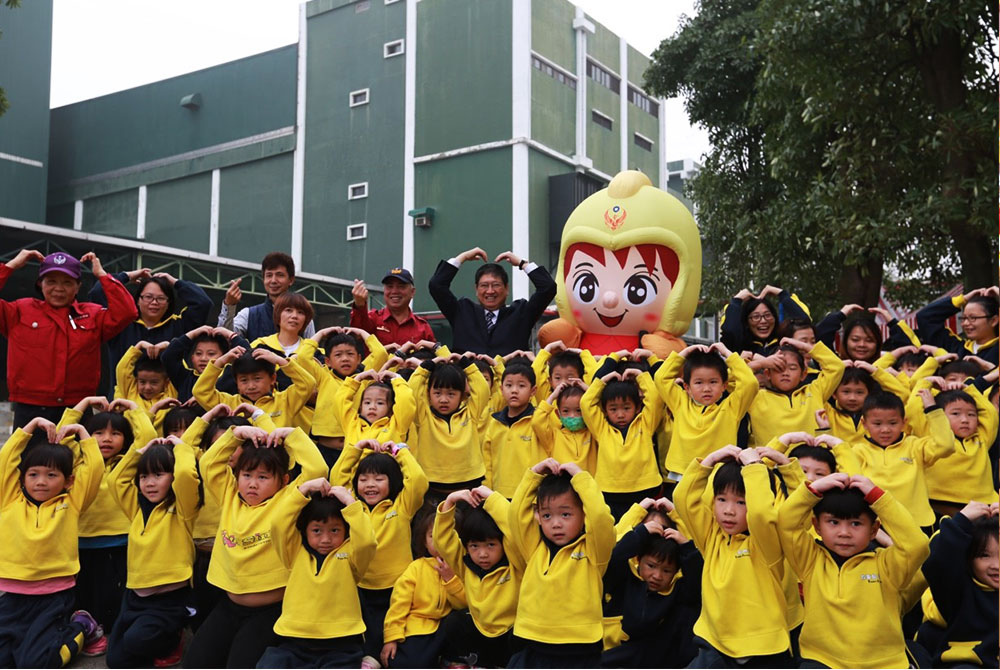Taiwan’s First SROI Analysis in a Road-running Event
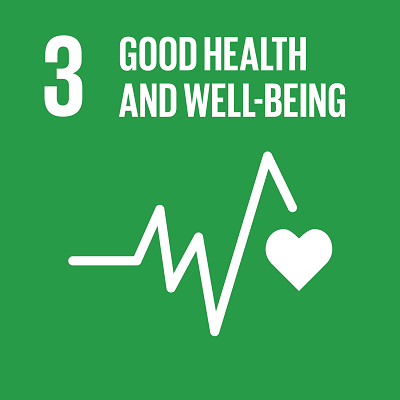
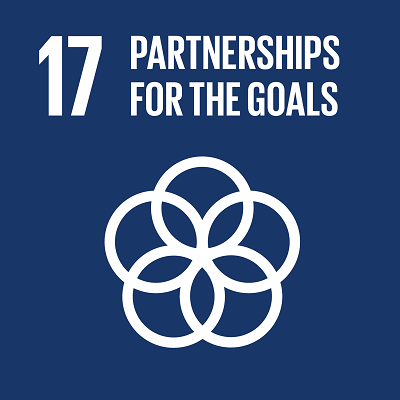
Social return on investment (SROI) is used to assess the impact of the social value of a project on different stakeholders and express the results in monetary values. Originating in Europe, this analysis framework is used by the U.K. government as a management instrument to weigh the social value of a non-profit project against the resources invested. The tool is also widely adopted by non-profit organizations to measure their performance. Therefore, companies can use it to identify the social impact of their different projects aimed to promote public interest and show indicators of changes after the projects have been carried out. In this way, companies can improve the performance of ongoing projects and make informed choices when considering several projects.
By some estimates, there are millions of runners in Taiwan, a country where 700 to 800 road-running events are held each year. In fact, Taiwan ranks as one of the highest in terms of percentage of runners and running events. A single running event can affect various stakeholders, including runners, volunteers, organizers, government agencies, the local people, and road users. There are always thousands, if not tens of thousands, of people involved. If we consider preparation and promotion in the lead-up to the event, the scope of its impact is immense.
The Company began organizing the FENC Classic Marathon for the first time in 2009. The event has since expanded year by year with a growing number of registered runners. Our SROI assessment focused on the marathon held in 2015 and considered 6,006 runners, 850 volunteers, 180 local stores, and more than 10 corporate and private partners and government agencies as our stakeholders. We conducted more than 10 interviews and sent out 250 questionnaires to determine the resources invested in this event, including registration fees, time spent on pre-event practice, volunteer training, the marathon race, and vendor set-up, as well as supplies and services sponsored by our partners. The substantial returns of the event encompassed health benefits, interpersonal relationships, the fulfillment of participating in a long race, the sense of achievement after crossing the finish line, corporate cohesion, sales of products, and marketing campaigns. The costs and benefits of the event were calculated based on the statistics provided by academic papers in Taiwan and abroad. The results reveal that the total cost amounted to NT$16.05 million, while the total return reached NT$131 million, 8.19 times as much as the resources invested.
The results of the SROI analysis will serve as a reference for the planning for the 9th FENC Classic Marathon in 2017, in the hope of generating more positive impact and greater benefits for our society.








